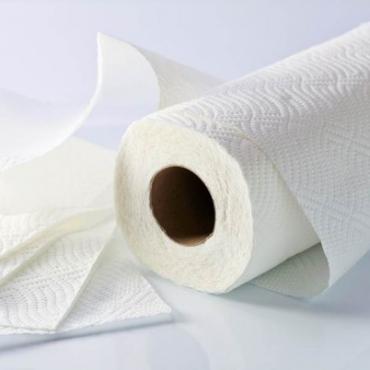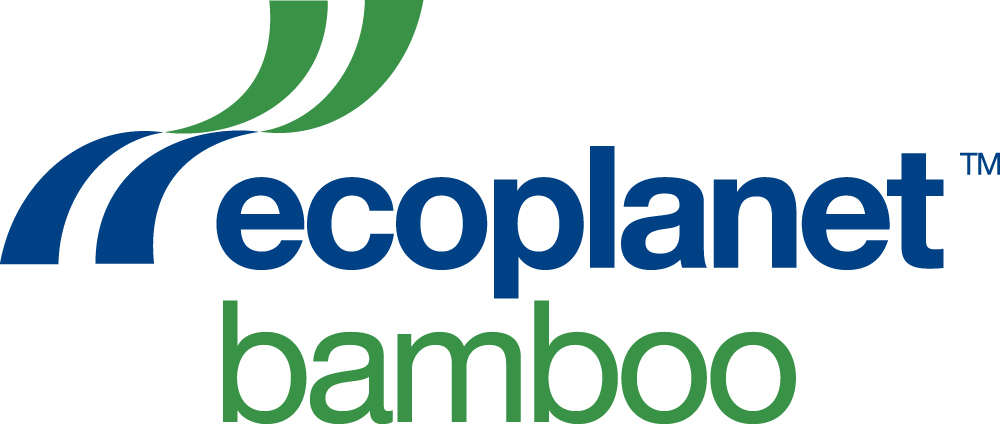Why is EcoPlanet Bamboo Focused on Paper Towels?

EcoPlanet Bamboo is working on providing a truly renewable alternative to this massively destructive product and industry. While trees take 15+ years to grow and are killed when harvested, bamboo can be harvested in just 7 years and harvesting stimulates further growth rather than killing the plant.
This article from INHABITAT details the extent of the problem:
Why Your Family Should Quit Using Paper Towels Immediately
Paper towels create a major drain on the environment. Hopefully this isn’t news to you, but paper towels do actually come from trees. Now of course, the paper industry calls trees a “renewable resource,” which serves to remind consumers that they shouldn’t worry. Anyone can plant more trees right? Sure they can. In fact, all of the major paper industry manufacturers plant tons of trees each year. That said, let’s be honest and admit that planting new trees is hardly the same as preserving years-old forests. Plus, no matter if the paper industry plants trees or not, the issue is more complicated than you might think.
Conserveatree points out that, “Counting trees individually misses much of their value. “Saving forests” should be the resource focus. Trees are not a “crop” in the normal sense of the word. They are not planted on agricultural farmland. Before a tree farm is planted, forests have to fall. While some trees are grown on plantations for the paper industry, particularly in the southern United States, these replanted trees do not make a true forest. They are usually managed intensively, with heavy use of petrochemical inputs such as pesticides, herbicides and fertilizers.” On top of this, replanted trees, unlike real forests are not self-sustaining and tree pulp used for paper products can only be considered a true “renewable” resource when the wood has been certified as sustainably-harvested. Paper towels create other problems too, beyond ruining forests, such as:
- State of the Paper Industry report by the Environmental Paper Network notes that the pulp and paper industry is the 4th largest contributor to greenhouse gas emissions in the U.S.
- The US Fish & Wildlife Service notes that industrial paper plantations is the leading cause of freshwater wetland loss.
- Almost all paper towels are manufactured with chlorine, a known toxin which also releases extremely carcinogenic dioxins into the environment. In fact, in 1985, the U.S. Environmental Protection Agency (EPA) labeled dioxin “the most potent carcinogen ever tested in laboratory animals.”
- According to various reports, the paper industry is highly responsible for the release of persistent toxic pollutants into the environment, including the above mentioned chlorine but also mercury, lead and phosphorus.
- The paper industry is the biggest industrial water user of all time, using up around 11% of all freshwater in industrial nations.
- Paper accounts for 25% of landfill waste plus a full third of municipal landfill waste, and in turn, municipal landfills account for one third of human-related methane emissions.
- Paper towels are terribly difficult to recycle and in spite of paper being touted as biodegradable, paper often doesn’t even break down in the landfill.
- Most commercial inks used for paper towel designs are made with petroleum, a non-renewable resource.
All in all, the Environmental Paper Network notes that, “Global paper consumption is currently running at more than 350 million tons per year and fast approaching an unsustainable one million tons per day.” Every time you buy paper towels you’re contributing to a massive eco-problem.
Read the original article here.

